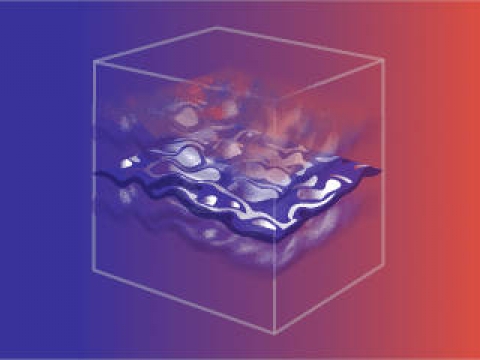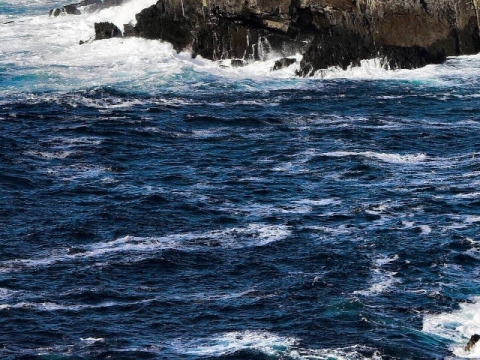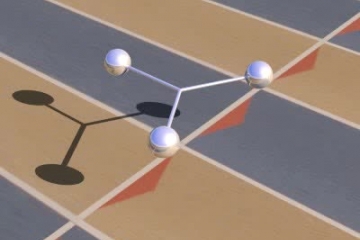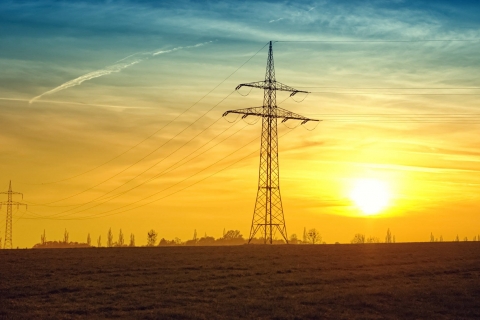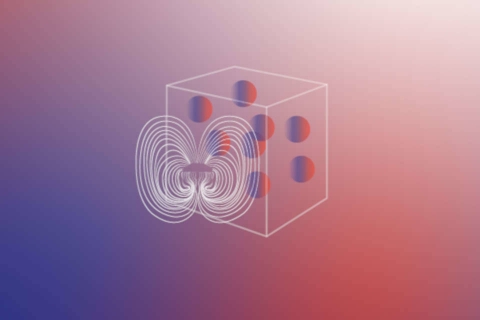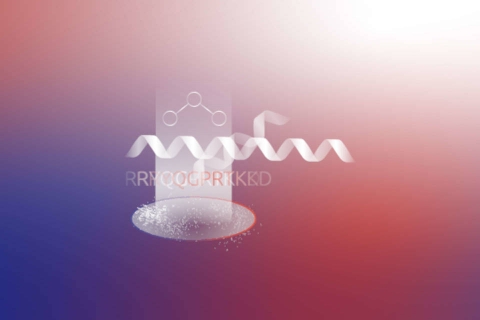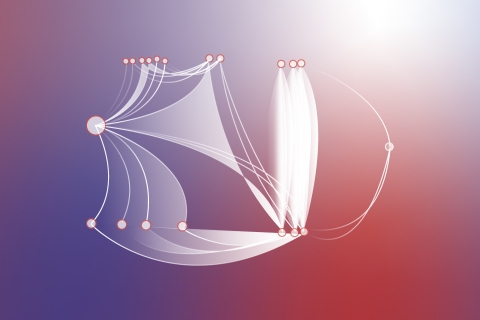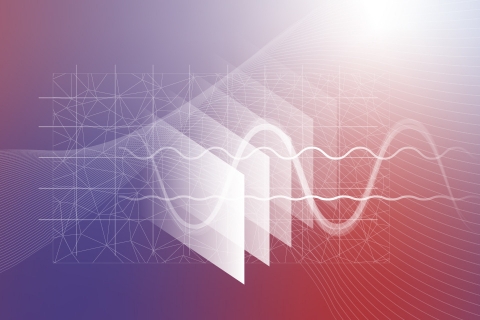Simulation and modeling of complex physical systems
Scientific referents
Coordinator: Frédéric Dias
Scientifiques leaders:
- Thomas Alazard
- François Alouges
- Jean-Michel Ghidaglia
- Fikri Hafid
- Aline Lefebvre-Lepot
- Jean-Marie Mirebeau
- Frédéric Pascal
- Laure Quivy
- Rémi Tesson
Thematic overview
The research work carried out by this team covers all aspects of mathematical modeling, particularly that based on partial differential equations. This includes a theoretical foundation, a close relationship with the reality of the phenomena studied (in situ measurement campaigns, trans-disciplinary expertise, etc.) and the use of numerical technologies (industrial numerical codes, Internet platforms, etc.). Particular emphasis is placed on the development of appropriate and original numerical schemes. Finally, this work is also the occasion for numerous collaborations with scientists from other disciplines, such as physicists and mechanics.
Covered topics
- Optimal transport, with applications to non-imaging optics and the Euler equations of incompressible fluids,
- Low Mach number fluid mechanics,
- Low Reynolds number fluid mechanics and locomotion,
- Contact models and numerical schemes for wet and dry granular media and suspensions,
- Finite volume schemes for hyperbolic PDE systems,
- Mathematical analysis of numerical schemes for approximating solutions of strongly anisotropic PDEs,
- Mathematical modeling of cell migration,
- Mathematical study of nonlinear partial differential equations (water wave equations, Eikonal equations),
- 3D sound and guidance,
- Calculation of variations in continuum mechanics (liquid crystals, micromagnetism, etc.).
Keywords
Partial differential equations (PDE); Scientific computing; Fluid mechanics; Data processing; Medical image segmentation; Cell migration; Complex systems; Natural phenomena; Ocean waves; Granular media, suspensions; Water wave equations; Landau-de Gennes model for liquid crystals; Landau-Lifschitz equation.
Key facts
- Creation in 2022 of the PhLAMES Chair between RTE, ENS Paris-Saclay and CNRS, to study the physics of high-voltage and extra-high-voltage overhead lines.
- HIGHWAVE project project funded by the European Research Council (ERC - European Research Concil), 2019-2024. This project aims to develop models and algorithms on the environmental effects of high-energy waves.
- Dias F., Ghidaglia J.-M. "Slamming: Recent progress in the evaluation of impact pressures" in Annu. Rev. Fluid Mech. 50, 243-273.
- J.-M. Mirebeau was awarded the Blaise Pascal prize by GAMNI-SMAI in 2020.
- F. Alouges became a senior member of the Institut Universitaire de France in 2024.
Portfolio
Applications
- Thanks to mathematical analysis, the research of this team contributes to the design or improvement of new instruments for observing natural phenomena, but also of processing chains or automatic segmentation of images, particularly medical images, signals and videos of all types, with applications in the modeling and simulation of multiphase fluids.
- For example, this work makes it possible to improve sea state forecasts and the response of the seabed to extreme waves, to assess structural loads on ships and offshore infrastructure, but also to optimize strategies. operational aspects of companies working in marine renewable energies.
- Other work allows us to better understand the locomotion of certain microorganisms in water, as well as granular flows such as can be encountered in sludge or concrete.

